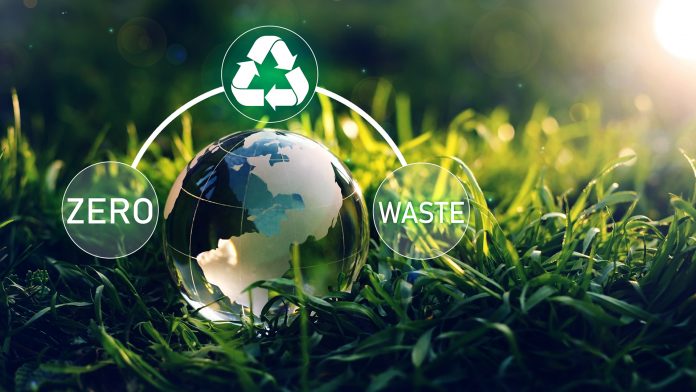The VTT Technical Research Centre of Finland has advanced its Integrated Computational Materials Engineering (ICME) toolbox, known as ProperTune, to fabricate soft, sustainable materials.
As the world strives to achieve carbon-neutral goals, and due to increasingly limited resources, industries such as textile, packaging, and construction need to use sustainable materials and improve their product performance through innovative design.
To facilitate this, VTT is accelerating the development of soft, sustainable materials by 50% through utilising physics-based modelling and AI. They have extended the application of ProperTune beyond hard materials like metals to fabricate soft materials, such as wood, polymers, and plastics. This enables companies to significantly reduce product development time, reduce costs, lower their use of environmentally harmful materials, and design novel materials with improved performance.
Antti Puisto, Research Team Leader at VTT, commented: “Developing products virtually is happening now. It’s not science fiction anymore. Sourcing materials is becoming increasingly expensive or difficult. The battery industry, for instance, uses huge amounts of ground metals which will not be available indefinitely, and there is a burning need for bio-based alternatives to lithium. As products are improved, and new ones are created for different industries, we need to make each resource count.”
What is ProperTune?
ProperTune is a collection of tools amalgamating multiscale physics-based modelling and AI with a data-driven approach to create microstructurally accurate materials and load in real-life conditions. The technology performs an extremely in-depth analysis of a customer’s product and models how various environmental elements and stressors impact it.
The fully digital environment allows researchers to discover more sustainable materials to replace undesirable ingredients and is a much more efficient process than the traditional trial-and-error method. Moreover, ProperTune can verify the new material’s durability and other key performance parameters.
Puisto explained: “By taking product development and testing into the virtual world, we can create better products faster and more cost-efficiently than ever before.”
Pioneering sustainable materials
One of the most promising soft, sustainable materials is bacteria, as they are an infinite source of materials.
Puisto said: “Paper cups have a barrier coating to help keep the liquid from immediately destroying the cup. Usually, this barrier is made of petrochemical polymers – a plastic material. That could be replaced with sustainable alternative polymers produced by bacteria, cutting out a significant amount of fossil-based, unsustainable barrier material. The end result would be infinitely circular paper cups.”
Employing ProperTune in the construction industry has significant promise. Wall insulation does not usually contain sustainable materials, instead using petrochemical-based polymeric materials (plastics), or mineral wool, both of which end up in landfills.
How do we create an alternative insulation material that doesn’t rot between the walls – but also disappears without leaving a trace or harming the environment after their life cycle is over? You’d need to design a material that lasts for 50 years but is also biodegradable. These are the kinds of inspiring challenges we want to tackle”, said Puisto.
Future development plans
Leading companies, including Kone and Wärtsilä, have already employed ProperTune to enhance the material performance of their products. VTT is currently collaborating with companies that are aiming to reap the benefits of sustainable materials.
Puisto concluded: “We are already working with the first bleeding edge projects with customers to discover and develop alternatives for their soft materials. Overall, companies developing new, better materials – whatever their industry – are the trailblazers creating the world of the future.”





